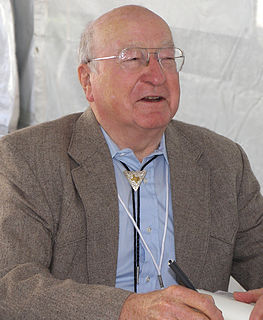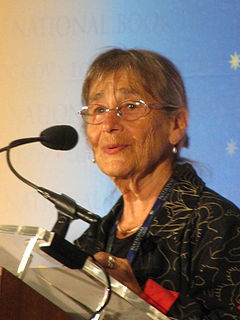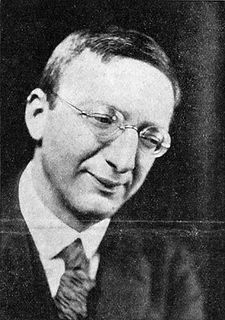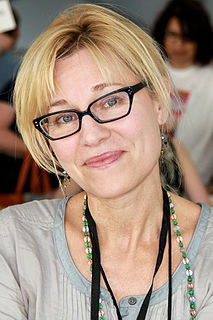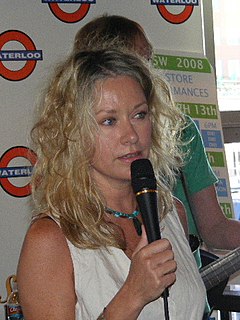A Quote by Elmer Kelton
Joaquin Jackson's frank and colorful account of his long career as a modern-day Texas Ranger thrills like an action novel, yet the stories are true, sometimes funny, sometimes tragic, but always gripping. I could hardly put the book down. . . .The writing is superb.
Related Quotes
Writing a book is something I actually feel like I could do. I don't know when that would happen, but I feel like if the right idea strikes, whether it be short stories or a novel or even a memoir that would be more substantial than most of the comedian memoirs people put out where it's big font and all the chapters are like ten pages long.
There are books full of great writing that don't have very good stories. Read sometimes for the story... don't be like the book-snobs who won't do that. Read sometimes for the words--the language. Don't be like the play-it-safers who won't do that. But when you find a book that has both a good story and good words, treasure that book.
I don't like to think in terms of writing ten or twelve pages a day. Usually I'm writing a scene, and it's always with the idea, "I wonder what is going to happen." Or sometimes I write about something that affected me emotionally the day before and that I don't want to lose. I'm very unorganized at first; but finally it comes into a structure where consciously I'm working on a novel per se.
I saved letters from my boss. There are things in there that are directly transcribed. I was so glad I did that. Sometimes when I was writing the book I wondered if some little writer hobbit part of my brain was back there puppeteering that action. But it really never, on any conscious level, occurred to me that I would write about it. I will say, I thought probably some day there would be an ancillary character in some novel - not in the one I was currently writing - that would be a dominatrix or something.
Babe,' Ranger said. 'Do something with her.' And he disconnected. I called Ranger back. 'No,' I said. 'And I need information on Jelly Kantner. His apartment got blown up, and I need to find him.' And I should do this why?' Because you like me.' There was a full beat of silence. 'I do,' Ranger said. 'I like you a lot. Sometimes I'm not sure why. Give me a couple minutes.
